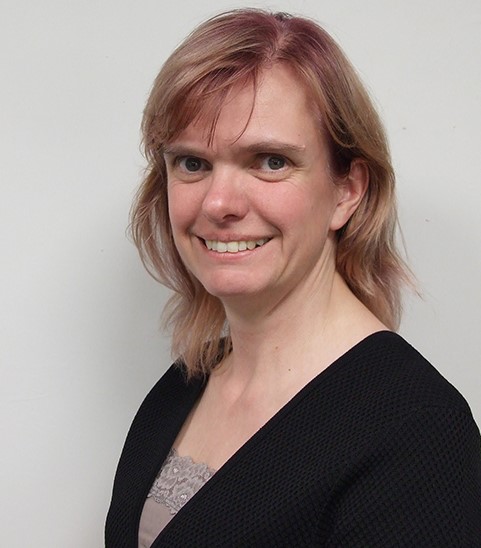
In recognition of International Women in Engineering Day, Ovarro’s new technology leader for leakage solutions, Barbara Hathaway, discusses her career and gives words of advice for aspiring engineers.
What led you to engineering?
My father was a physics teacher, who encouraged me and my two older brothers to consider how things worked. We learnt to value knowledge and understanding – and it was fun! Both my brothers became engineers – one a civil engineer and the other in mining. There was never any suggestion that engineering was not for girls, so I decided to follow them into the arena and study electronic engineering.
What is the best thing about being an engineer?
Engineers create solutions. Give an engineer a problem and they will help you solve it.
I love developing an important solution for a customer and seeing the satisfaction my team gets from delivering a successful project. Engineers really do make a difference and given that we are in the midst of an unprecedented global water crisis, their problem-solving skills are urgently required.
Tell us about your career path?
I graduated with a degree in electrical & electronic engineering from Portsmouth University in the 1990s. I joined Primayer – a pioneering leakage technology company which was acquired by Ovarro in 2019 – 27 years ago, as a software engineer. After working as customer services manager and technical services director, I became vice president of engineering in 2020. Now, in the newly-created role of technology leader for leakage solutions, I will be leading and developing Ovarro’s technology strategy and roadmap for leakage reduction products.
It is an exciting time to be working in leakage reduction – globally, more and more utilities are adopting data-powered tools, which are transforming network management, positively impacting leakage targets and environmental performance. Products that apply artificial intelligence and machine learning, as well as cloud-based, as-a-service models, are recent additions to the Ovarro portfolio.
Looking back, I found the transfer from engineering into business leadership challenging, in a good way. I have always been a problem-solver, but I now have to be careful not to dive too far into the detail, allowing my teams to do the more technical work.
Women remain underrepresented in engineering. Are there enough opportunities?
Historically, what I’ve seen is a lack of female engineers to fill the opportunities that arise. Figures from 2021 indicate that in the UK, only 16.5% of engineers are female, but I feel the landscape is changing. Girls are excelling at STEM subjects in school. There are support and mentoring networks in place to encourage girls to study what they want.
Once in the workplace, options for more flexible working and better parental leave have made a big difference, particularly in the last three years, which can only help and encourage women to join and stay within the sector. However, there remains an implicit gender bias in wider society which puts up barriers for many. Until this is tackled, we will not have true equality.
Have you encountered any gender bias in your career?
I am lucky to say I have not found being female has had an adverse effect on my career. Colleagues have always treated me as an equal. On occasions, when I’ve attended client meetings with male colleagues, people have initially assumed the man occupies the more senior role. This kind of implicit bias still exists and is one of the key things we need to educate about.
I feel the Bechdel test – which is an informal way to evaluate bias against women in films and other media – should be referred to more often. Until men and women are viewed in the same light then ‘female engineers’ will always exist. I wish for a world where I was simply referred to as an ‘engineer’.
Do you see more women in engineering now than when you started your career?
When I joined an engineering course at university, I was one of four women out of 100 students. Looking internally at Ovarro today, around 12% of our technical staff are female. It is a statistic I would like to improve.
We have an excellent female engineer in our Netherlands office, who is leading the development of our Stream Webscada software and we have other female engineers working at all levels within our SCADA and RTU teams. I see more women in technical and engineering roles now and feel proud to see how far we have come since I started my career – but this is still a work in progress.
I am very conscious that I am seen as a role model for younger engineers, so am always ready and available to offer a helping hand.
How would you encourage young women and girls to take up engineering?
Go for it! Engineering is an incredibly satisfying career choice. Find yourself allies early in your career who will encourage your ambitions. Do not be limited by the words and attitudes of others.
At Ovarro, we’re always on the look-out for new talent. Engineering constantly moves on and we need new ideas to be able to continue to innovate. Water is a critical sector to be part of – it is central to all our lives – and reducing leakage will put you at the very heart of global efforts to preserve supplies for future generations.



